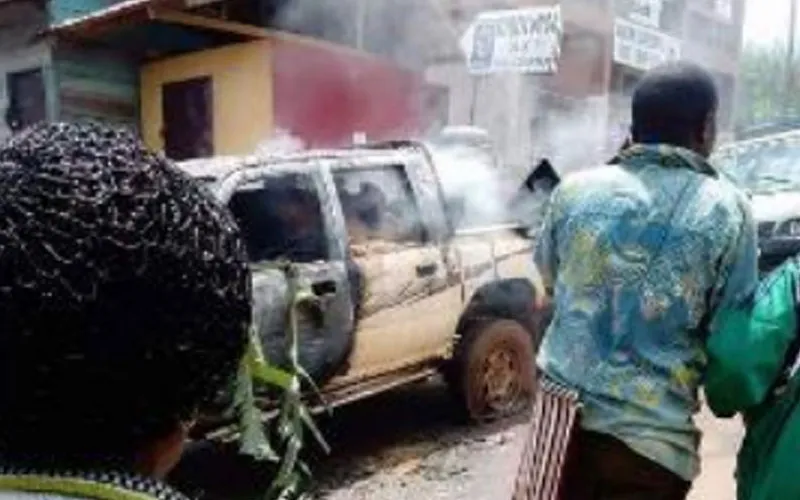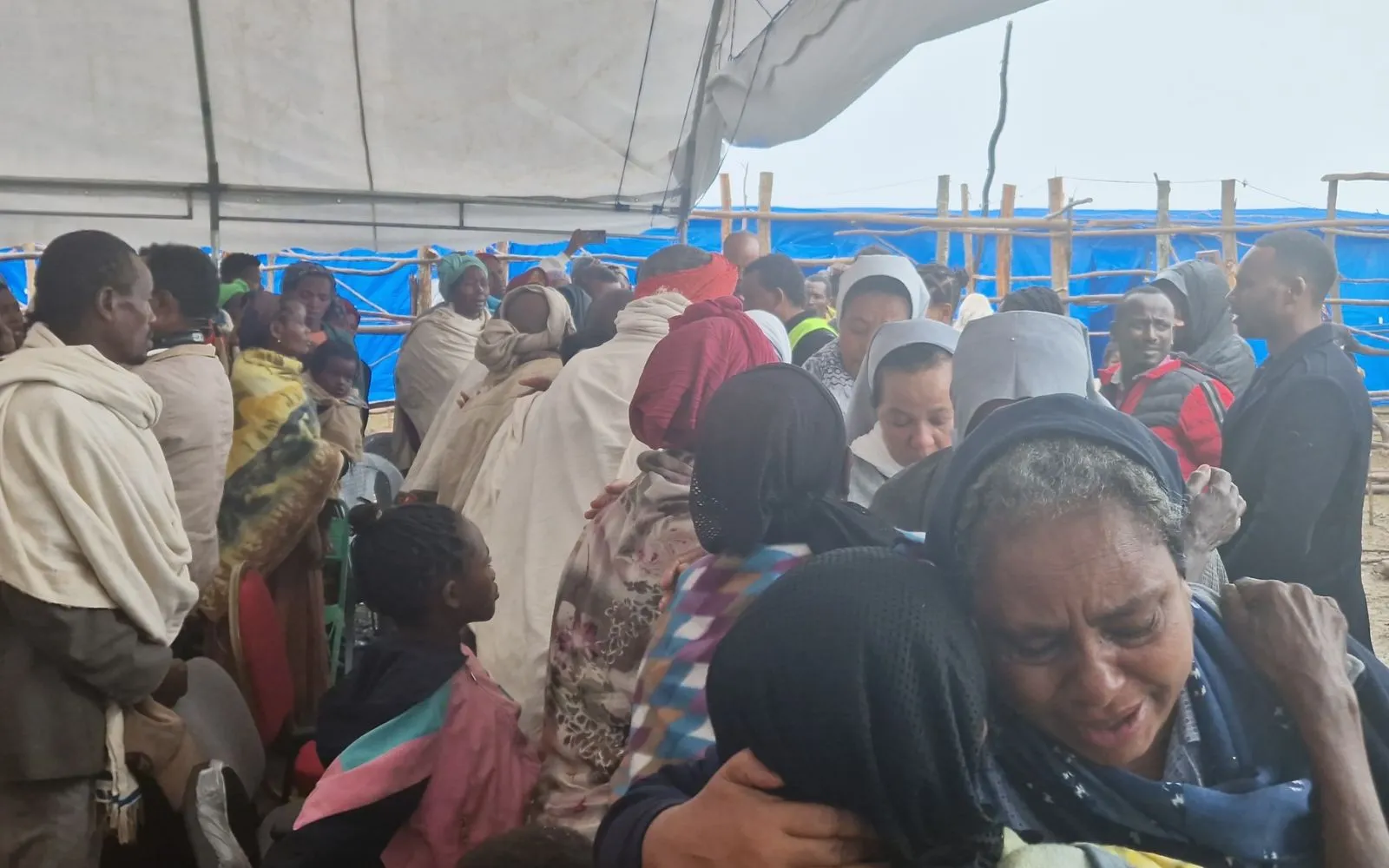Bamenda, 29 August, 2021 / 10:30 pm (ACI Africa).
Civilians in the troubled Northwest and Southwest regions of Cameroon are surviving each day by obeying commands from the country’s military as well as from members of the Ambazonia Restoration Forces (ARFs) so as not to appear siding with either group, a Catholic peace foundation working in the Central African nation has said.
In a report shared with ACI Africa, the leadership of Denis Hurley Peace Institute (DHPI) notes that the populations in the embattled regions are always caught up in the conflict between the two warring groups.
DHPI notes that the government of Cameroon has failed to curtail the conflict in the country and allows the conflict, which is now in its fifth year to escalate.
“The locals have been caught between the military forces and the ARFs and so all that matters now is for the population to make use of their survival instincts by obeying the commands of both parties,” the DHPI officials say in a Tuesday, August 24 report.
They add, “The government forces always accuse the population of failing to cooperate with them in ousting the separatists and the ARFs also fault the population in some instances of cooperating with the military in what they term ‘blacklegs’ or enablers.”








